Weaving Time and Fate: A Look Behind ‘Sore: Istri Dari Masa Depan’
Indonesian cinema often graces us with poignant romantic dramas, yet few dare to intersect the genre with the perplexing depths of science fiction as boldly as Sore: Istri Dari Masa Depan (Sore: The Wife From the Future). Directed with a keen eye for emotional nuance and a clever narrative structure, this film embarks on a unique journey, prompting viewers to ponder the delicate balance between free will and destiny. But what went into crafting such an intricate tale? Let’s delve into the creative choices and challenges that brought Jonathan’s time-altered life to the screen.
Assembling the Threads: Casting the Complex Leads
At the heart of Sore lies the transformative performances of Ringgo Agus Rahman as Jonathan and Ayushita Nugraha as the enigmatic Sore. Ringgo, known for his versatile range, faced the formidable task of portraying a character gradually stripped of his agency. His Jonathan begins as an unfulfilled young man, relatable in his struggles, but transforms into someone increasingly reliant on external guidance. Achieving this subtle yet profound shift, showing how dependence erodes identity, demanded remarkable restraint and depth from Ringgo.
Ayushita, conversely, had to embody a character shrouded in mystery and driven by a singular, preordained mission. Sore is not your typical romantic lead; her motives are initially altruistic but quickly reveal a colder, more detached disposition. Ayushita’s performance was crucial in maintaining Sore’s enigmatic quality, making audiences question her intentions even as she seemingly guides Jonathan towards a better future. The nuanced portrayal of her single-minded dedication, subtly hinting at the underlying manipulation, was a tightrope walk that defined a significant part of the film’s suspense.
Sore’s arrival marks a turning point in Jonathan’s life.
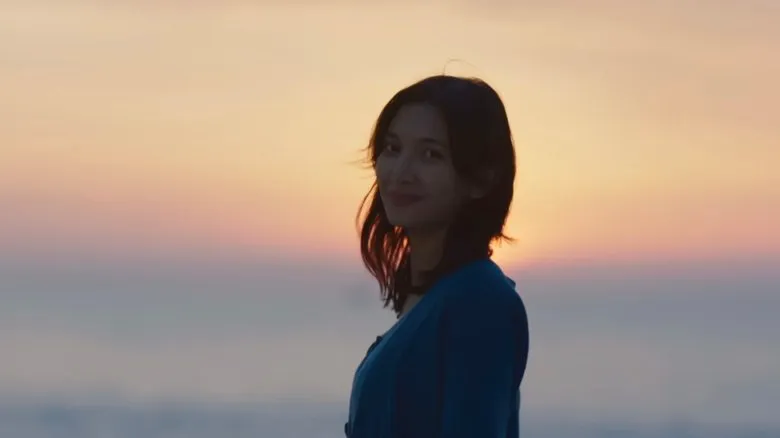
The Double-Edged Script: Navigating Free Will vs. Predetermination
The core brilliance and challenge of Sore: Istri Dari Masa Depan lay in its audacious exploration of time travel’s impact on personal autonomy. The script deftly positioned Sore’s “predictions” as a double-edged sword, initially a balm for Jonathan’s anxieties but eventually a tether to a life not truly his own. Directorially, the team had to ensure that while Jonathan’s trajectory improved outwardly, the internal turmoil—the sacrifice of his own desires and sense of identity—was palpable.
A pivotal scene where Sore discloses Jonathan’s potential as a renowned businessman, contrasted with his current path to ruin, was crucial. This revelation, while sparking newfound determination in Jonathan, also seeded the audience’s discomfort. The gradual distancing from his friends and family, and the increasing bewilderment of those around him baffled by his “predictions,” demanded a delicate directorial hand. It underscored how knowledge of the future, meant to save, could instead isolate and manipulate. The narrative avoided simplifying the dilemma, instead opting for a morally ambiguous landscape.
Jonathan struggles with the weight of Sore’s prophecies.
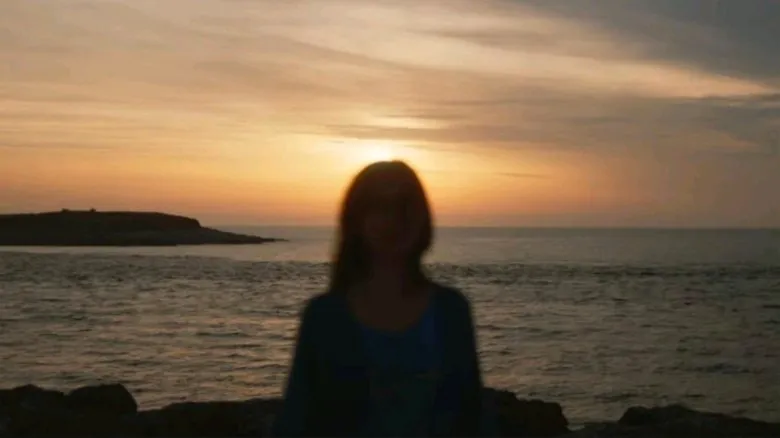
From Romance to Resonance: Crafting Emotional Turmoil
While pitched as a romantic drama, the film skillfully transitions into a psychological exploration of control and betrayal. The deterioration of Jonathan’s romance with Laura (Aurelie Moeremans) serves as a poignant mirror to his loss of self. Laura, unaware of Sore’s true intentions, becomes an embodiment of Jonathan’s authentic past, a past increasingly threatened by Sore’s engineered future.
The escalating tension between Laura and Sore demanded powerful performances and nuanced direction. The friction isn’t just about a love triangle; it critiques the very idea of one person dictating another’s life. The audience is constantly invited to question motivations: Is Sore truly altruistic, or is her desire for control subtly destructive? This emotional complexity was central to the film’s resonance, pushing beyond a typical romance to a deeper examination of human agency.
Laura, uncertain and confused by Jonathan’s changing behavior.
 Jonathan and Laura share a moment, before Sore’s influence takes hold.
Jonathan and Laura share a moment, before Sore’s influence takes hold.
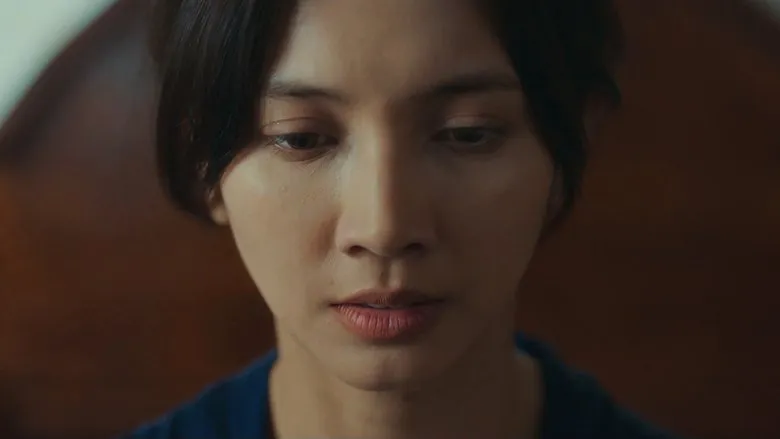
The Unveiling: Building Towards a Pivotal Twist
A testament to the screenwriting and pacing, Sore masterfully builds towards its pivotal twist. The early hints of Sore’s detachment and the unnerving power dynamic gradually accumulate, setting the stage for Jonathan’s stark realization: the future Sore has painted for him is a facade, masking a deeper, self-serving purpose. This revelation is not a sudden plot device but the culmination of carefully laid narrative groundwork.
The struggle within Jonathan as he grapples with the consequences of Sore’s profound interference required meticulous direction to convey his emotional devastation and his awakening. It’s the moment he reclaims his agency, not by external action, but by a powerful internal shift. The acting in these scenes needed to convey not just anger or despair, but a profound sense of lost time and manipulated dreams.
Jonathan confronts the truth about Sore’s lies.
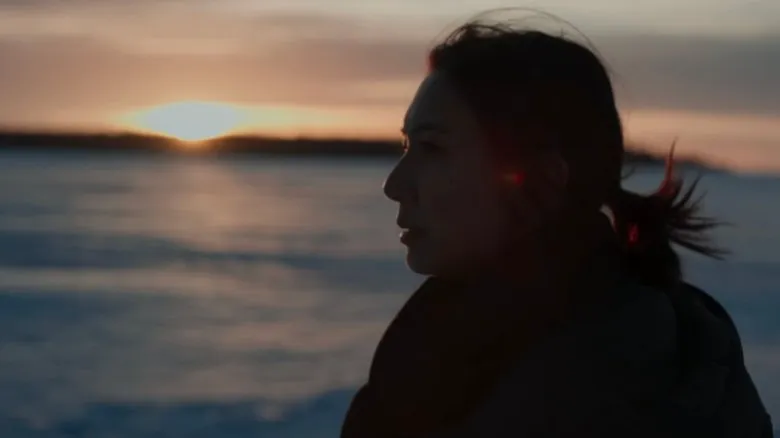 Sore remains focused, even as her true intentions begin to unravel.
Sore remains focused, even as her true intentions begin to unravel.
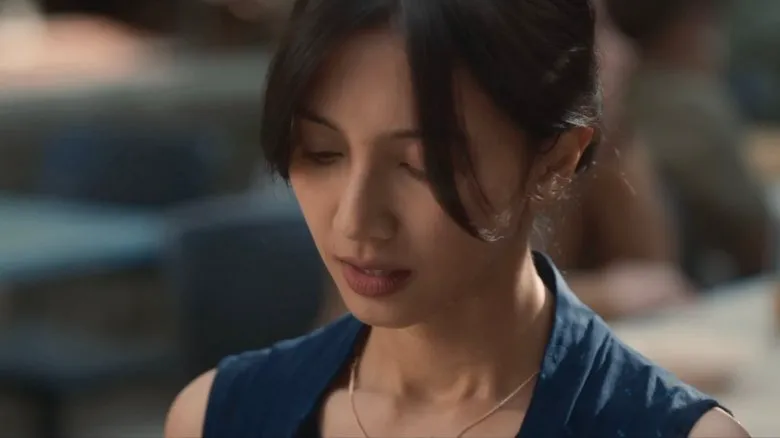
A Bittersweet Resolution: The Lasting Impact
Sore: Istri Dari Masa Depan culminates on a bittersweet, reflective note rather than a tidy conclusion. Jonathan’s journey of self-discovery, after the dark truth about his “savior” is revealed, leaves a lasting impression. The film deliberately avoids providing easy answers, instead prompting the audience to ponder the very nature of free will. It’s a challenging ending that underscores the profound consequences of meddling with the fabric of a person’s life, even with seemingly good intentions.
The creative team’s decision to conclude with Jonathan confronting his manipulated existence, rather than a definitive “happily ever after,” cements Sore as more than just a romance. It’s a thought-provoking, genre-bending drama that bravely asks: Is a successful life truly “yours” if engineered by another? The film’s lasting power lies in its ability to spark this crucial reflection long after the credits roll.
Jonathan reflects on the choices and sacrifices made.
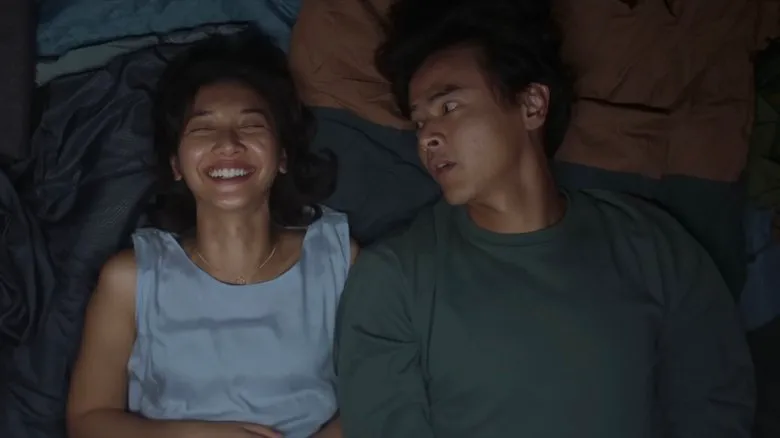 The lingering questions of destiny and true happiness.
The lingering questions of destiny and true happiness.
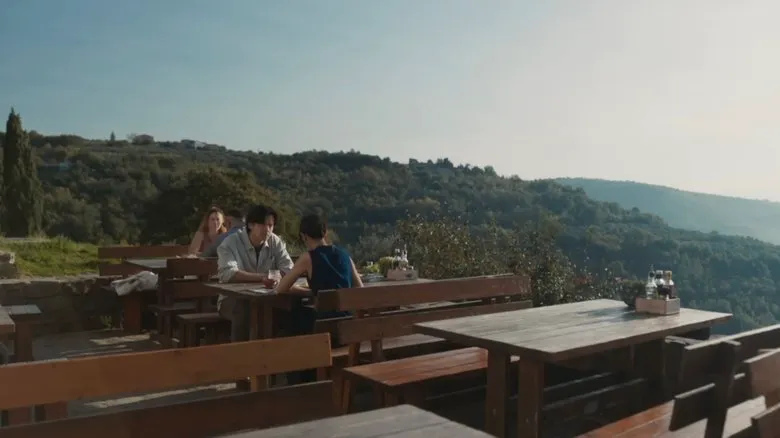 A subtle moment of reflection or interaction between the leads.
A subtle moment of reflection or interaction between the leads.
